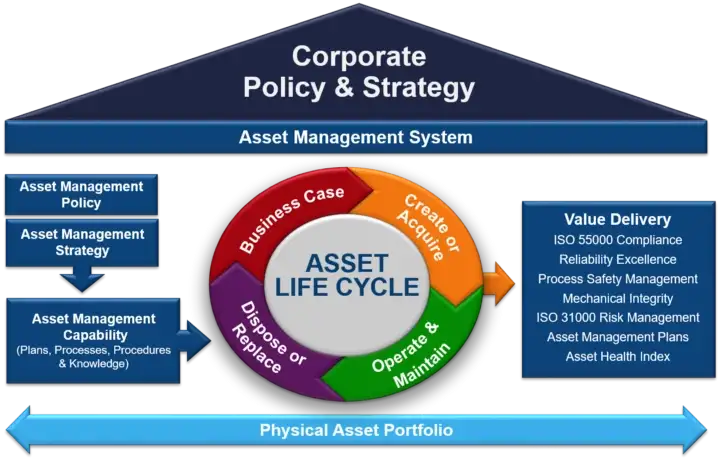By Marianna Tokarcik-Bermudez

What is the asset management industry? The asset management industry includes companies that manage investment portfolios on a commission or fee basis for institutional, retail, and high-net-worth investors. Investment advisory services, wealth management, private banking, and retail securities brokerage are among the services provided by this industry. Institutional and retail investors trust these companies to assist them with meeting specific investment goals. Smaller firms generally compete based on their ability to provide products and services tailored to meet the needs of individual clients to satisfy their diversification targets. In comparison, more prominent firms generally compete based on the management fees charged for their services and their ability to generate superior investment performance (SASB).
As a result of the 2008 financial crisis and subsequent regulatory developments, the financial services industry is now being called to account for the industry’s social impact on providing fair advice to customers and managing risks at the entity level, portfolio, and economy as a whole. Furthermore, the industry directly impacts capital allocation, making it imperative to integrate sustainability factors into investment decisions (SASB).
One of the main issues in the asset management industry is providing customers with fair advice and transparent information. While companies must disclose risks in investment strategies, they still face significant challenges in ensuring clients understand them. Asset management regulations aim to align company interests with client interests and minimize conflicts of interest. Companies are incentivized to provide clients with strategies that match their risk-return profiles since most asset managers earn their fees based on the number of assets under management. In addition to giving investors a better understanding of the risk management process and shareholders’ long-term value, these regulations provide better insight into how well companies manage this issue. Due to the low returns associated with ESG and impact investing, asset managers and wealth advisors are reluctant to invest in these funds. As portfolio managers earn commissions from clients’ portfolio returns, they tend to invest in stocks or funds with high returns that are not necessarily sustainable. Wealth advisors often advise clients not to invest in ESG funds or stocks to achieve their target returns regardless of the client’s desire to invest in sustainability. Obviously, this is a conflict of interest, and I believe wealth advisors should listen to their clients regardless of their commissions on clients’ portfolios.
Another issue in the asset management industry would be incorporating environmental, social, and governance factors into investment and advisory decisions. Data and transparency limitations cause investors to be skeptical of ESG investing due to fears of greenwashing. As a potential barrier to further market growth, regulators and policymakers place transparency at the top of their priority list for sustainable finance. The 2021 Institutional Investor Study found that despite all the new regulations to improve transparency, many investors think sustainable investing is challenging (Shroders). A persistently high degree of complexity is among the obstacles to sustainable investing, as the proportion of investors who don’t find it challenging is shrinking over time. The fact that many still find sustainable investing challenging is not surprising when we consider the lack of consistency in definitions, data, and methodologies. Hence, investors still have a lot to learn to feel confident that they have all the information and tools to make informed choices about ESG investing. In other words, neither industry nor regulator has found the silver bullet yet.
